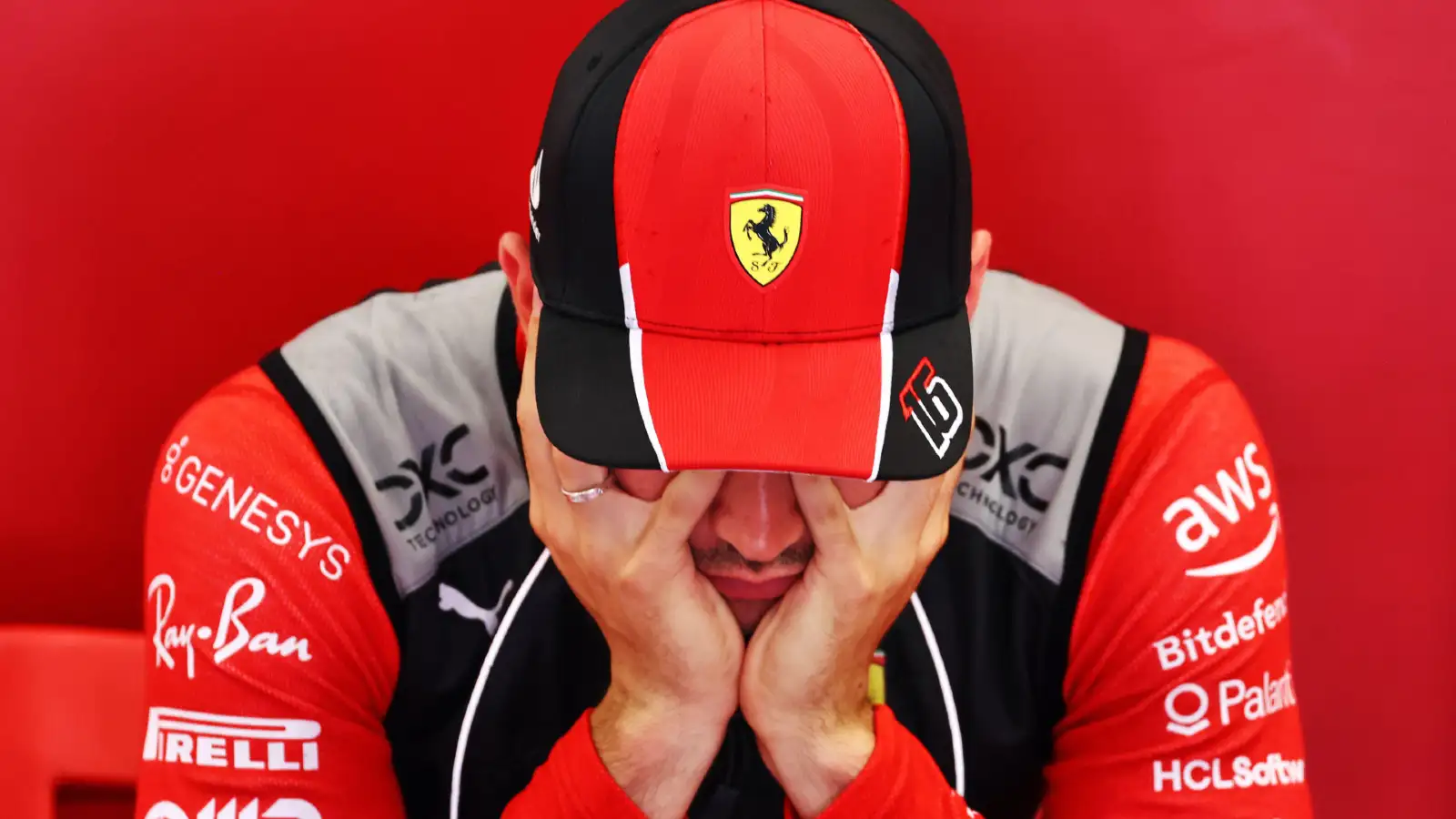The sun rose over the Principality of Monaco, casting its golden light across the serene Mediterranean waters. Yet, within the corridors
of the Ferrari garage, a storm brewed silently. Charles Leclerc, the young Monegasque prodigy, sat alone in his racing overalls, staring
at the championship standings displayed on the screen in front of him. His mind was elsewhere, grappling with decisions that seemed
to weigh heavier than the car he had just driven.
It was the morning after a disappointing race weekend in which technical issues had dashed his hopes once again. The reporters
gathered around him expected the usual responses about pushing forward, about learning from setbacks. But Charles was different
that day. With a solemn expression and a voice that betrayed his youth, he began, “I am leaving anyway.”

His announcement sent shockwaves through the Formula 1 paddock. Speculation had been rife about his frustration with Ferrari’s
ongoing struggles to deliver a competitive car. Yet, no one expected this definitive statement. Charles continued, his tone calm yet
resolute, “Racing has been my passion since childhood. But passion alone cannot sustain me when I feel I am not in a position to
compete for what I strive for.”
The decision to retire at the age of 26 seemed premature to many. Charles had shown immense promise since his debut, securing
victories and podiums that marked him as a future champion. But behind the scenes, the relentless pressures of high-stakes racing had
taken their toll. The setbacks, the constant scrutiny, and the yearning for a car that could consistently challenge for titles had eroded
his spirit.
As he spoke, memories flashed before him – the karting days, the triumphs in junior formulas, and the emotional first win in Formula
1. Yet, he knew deep down that continuing in this current state would only dilute his love for the sport. “I owe it to myself to find joy in
racing again,” he concluded, his eyes reflecting a mix of sadness and relief.
In the days that followed, tributes poured in from fans and fellow drivers alike. Many expressed surprise, some disappointment, but all
respected his decision. Charles Leclerc, the boy who dreamed of emulating his idol, Ayrton Senna, had chosen a different path – one of
introspection and courage.
Months later, as the engines roared in Monaco once again, Charles Leclerc was nowhere to be seen on the starting grid. Instead, he
watched from a quiet corner of the paddock, at peace with his choice. The roar of the cars no longer echoed in his ears, but the thrill of
his past victories lingered in his heart, a reminder of a journey defined not by the finish line, but by the courage to change lanes when
needed.


